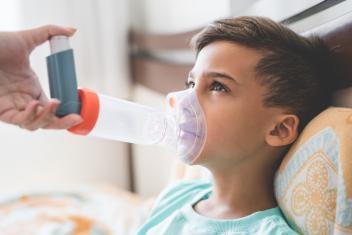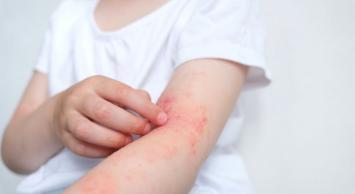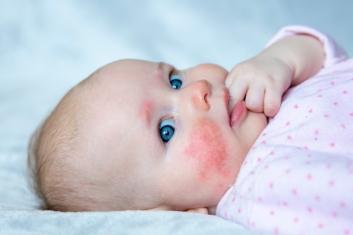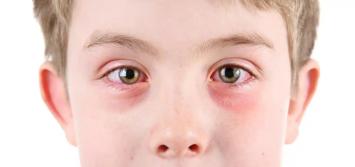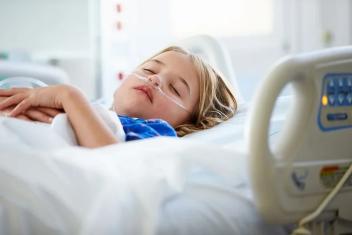Signs include recurrent coughing (especially at night), wheezing, shortness of breath, chest tightness, and difficulty breathing, which worsen with viral infections or triggers.
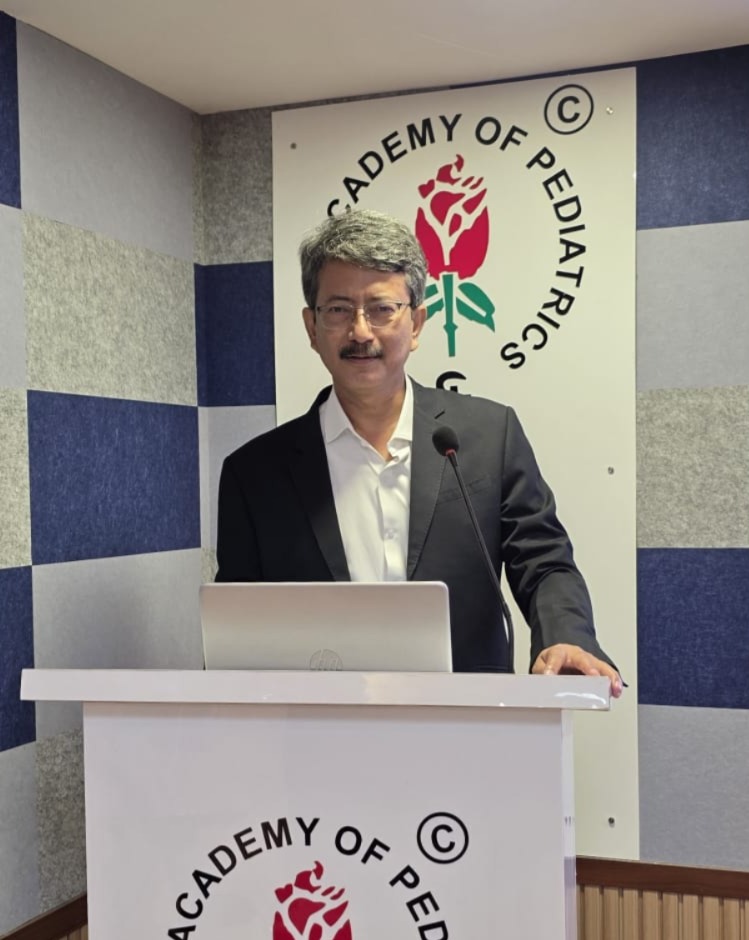
Dr. Mritunjay Pao
Senior Consultant - Pediatric Intensivist and Allergy, Asthma Specilaist
M.D. AAC, PAAC, IAP Fellowship Pediatric Intensive Care
30+ Years of Experience
20000+ patients

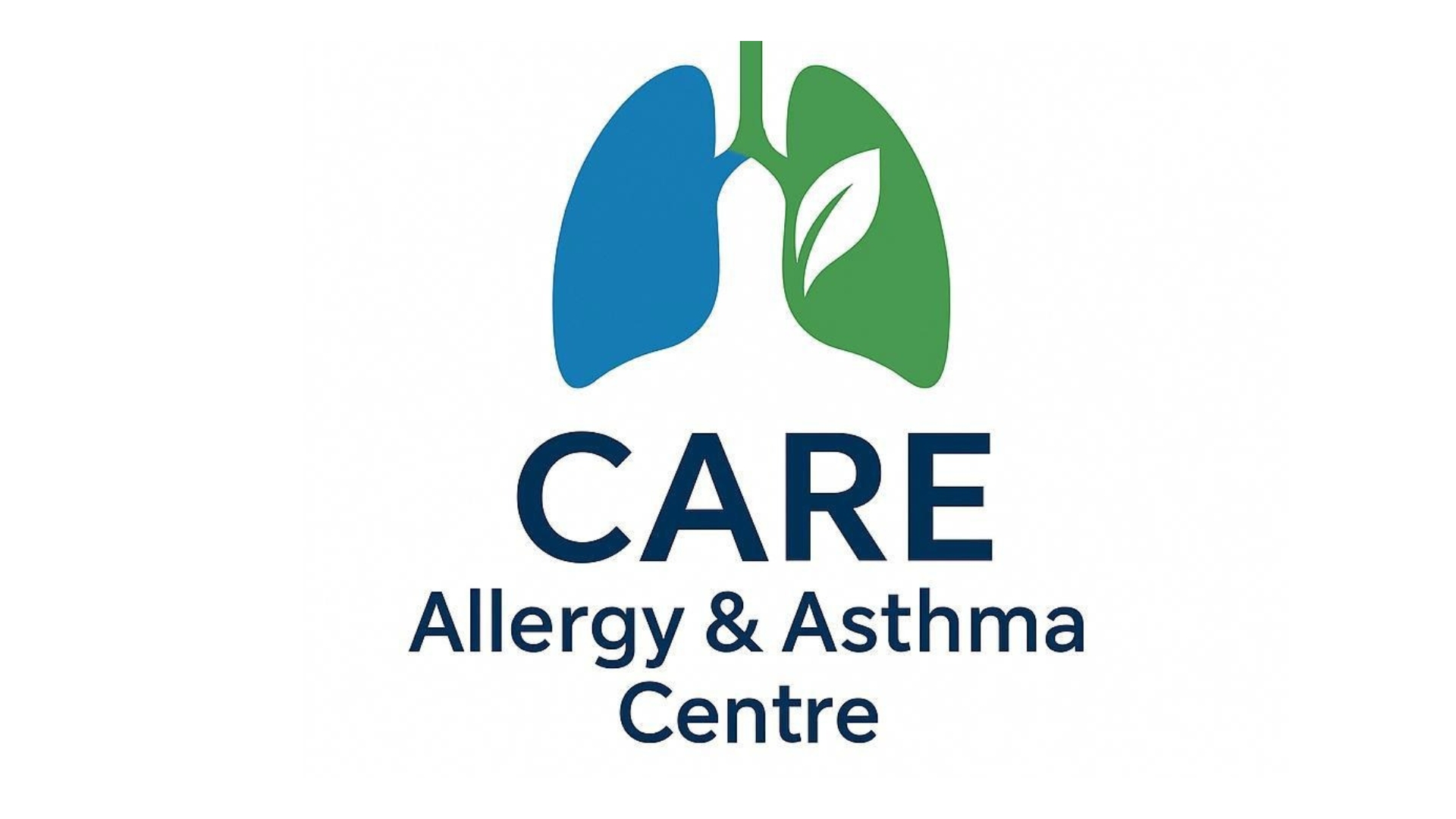
About Dr. Mritunjay Pao
Dr. Mritunjay Pao is a dedicated <span style="color:black; font-weight: bold; "> Pediatrician & Allergy, Asthma Specialist</span> with over 30 years of experience providing comprehensive healthcare for children. He has worked in renowned hospitals across India and is currently a Senior Consultant at Sanjivani Hospital, Jorhat, Assam. Dr. Mritunjay Pao specializes in Paediatric critical care management, General Paediatric care, allergy, and asthma treatment, establishing the first advanced Asthma Centre in Jorhat. Known for his compassionate approach, he ensures personalized patient care with a focus on modern diagnostics and therapies. His expertise and dedication make him a trusted name in pediatric healthcare, committed to improving children's respiratory health and overall well-being.
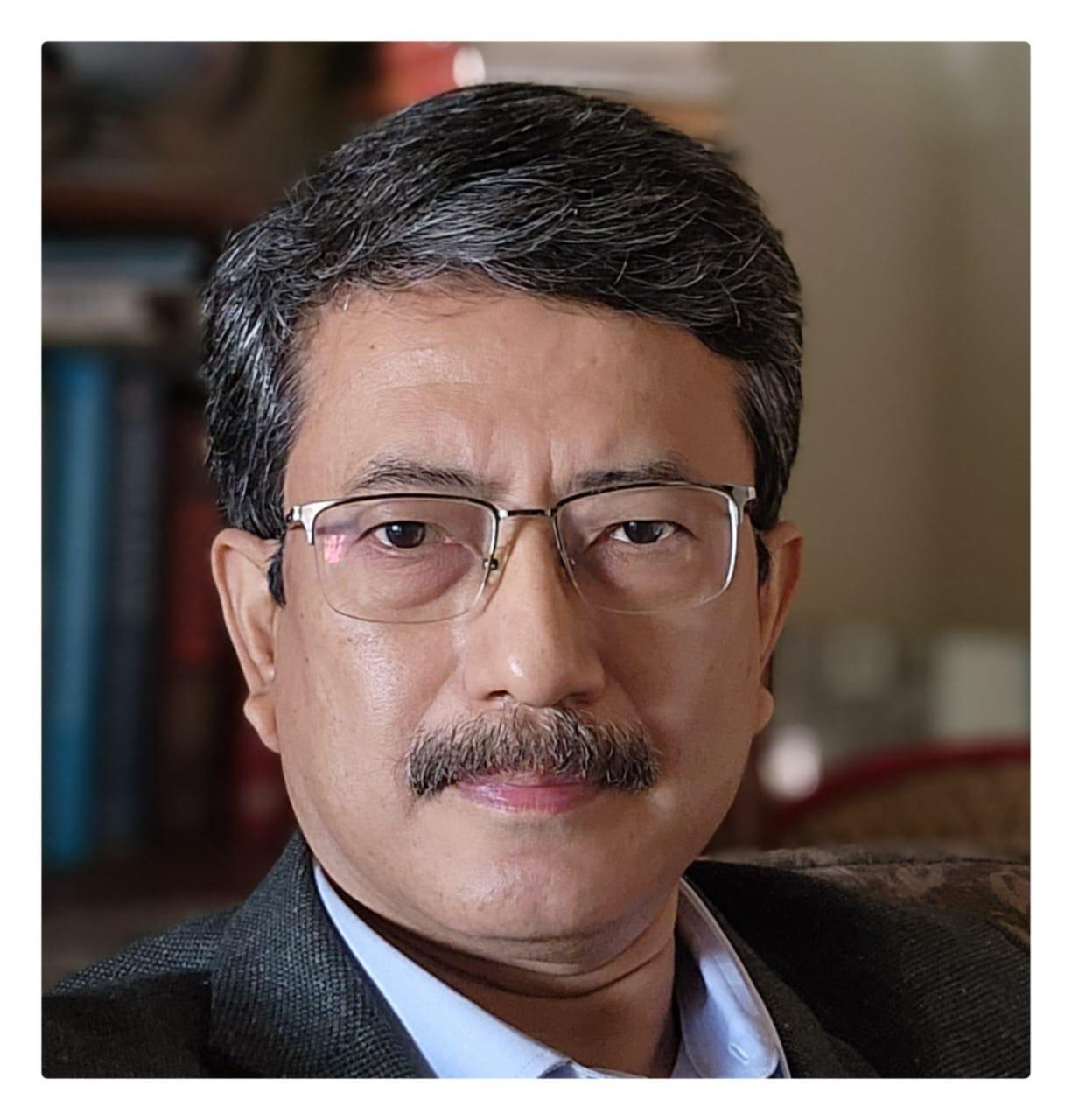
Dr. Mritunjay Pao 's Areas of expertise
- Respiratory Distress: Skilled in managing acute respiratory emergencies like airway obstruction, asthma attacks, and severe bronchiolitis.
- Sepsis & Critical Care: Adept at managing severe infections and multi-organ failure in critically ill children, utilizing advanced ICU protocols.
- Neurological Emergencies: Capable of managing pediatric seizures, meningitis, and other neurological crises efficiently.
- Bronchiolitis: Expertise in managing viral respiratory infections in infants, ensuring proper oxygenation and supportive care.
- Pneumonia: Proficient in diagnosing and treating bacterial and viral pneumonia, with emphasis on antibiotic stewardship and supportive therapies.
- Trauma & Emergency: Skilled in pediatric trauma care, airway management, and resuscitation in emergency settings.
- General Paediatric Care: Provides comprehensive care for common childhood illnesses, growth monitoring, and developmental assessments.
- Asthma & Allergic Rhinitis: Skilled in diagnosing and managing asthma, providing solutions for both children and adults using modern techniques.
Publications and Invited Faculty
Several Publications in Journals and Several textbooks.
Invited as Faculty in Several National Conferences and PEDICON since 2010
Professional memberships
Indian Academy of Pediatrics, IAP Intensive Care chapter, IAP National Respiratory Chapter
IAP Pediatric Allergy and Applied Immunology Chapter
MBBS
MD (Paediatrics)
Certifications and fellowships
IAP Fellowship in Pediatric critical care November 2007 (I.P. Apollo Hospital, New Delhi)
AAC Advanced Asthma Course IAP NRC 2023
PAAC Pediatric Asthma and Allergy Course by Indian College of Pediatrics 2025
AASC Advanced Asthma and Allergy Specialist Course 2025
IAP Vaccinology Course by Indian College of Pediatrics 2024
Book Appointment
A.T., Choladhara Rd, Jorhat, Assam 785001
- Monday - Saturday
- 10:30 AM - 02:00 PM | 06:00 PM - 08:00 PM
Phone: 9864625284
Conditions and Treatments
Dr. Mritunjay Pao 's Expert Tips & Health Insights
Articles by Dr. Mritunjay Pao
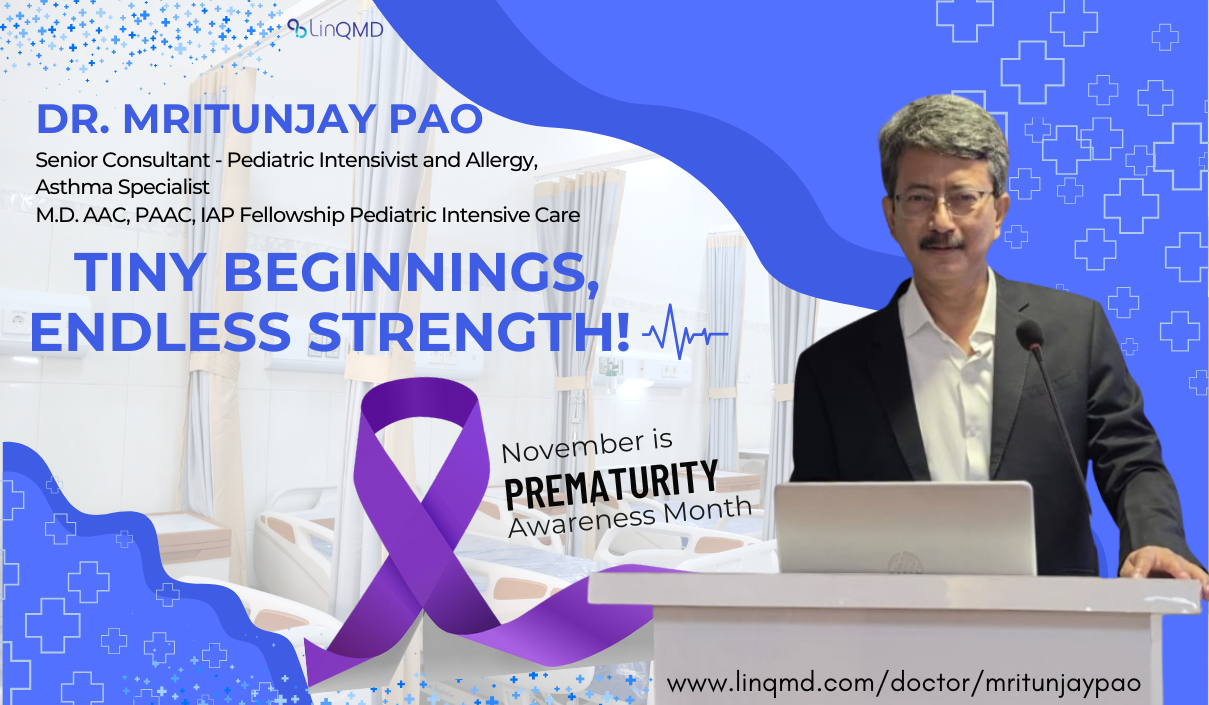
Tiny Beginnings, Endless Strength
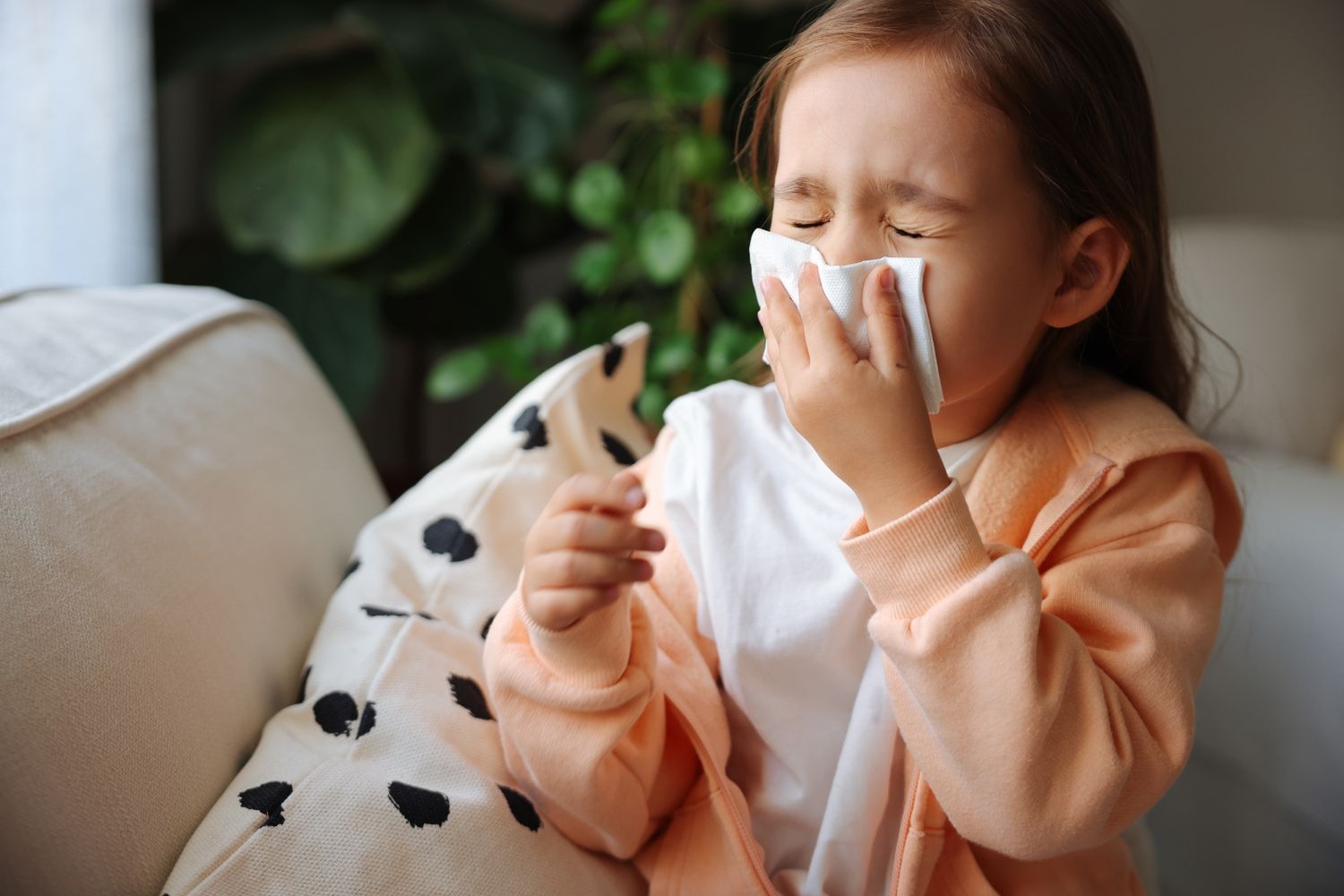
Understanding Childhood Allergies: Common Symptoms and When to Seek Medical Attention
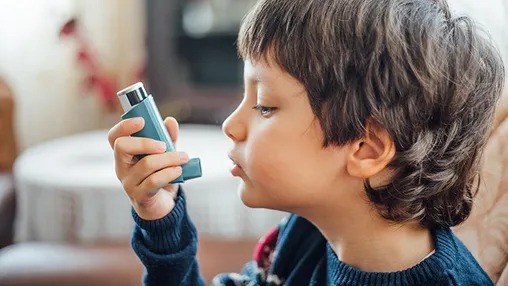
Recognizing and Responding to an Asthma Attack: A Guide for Parents
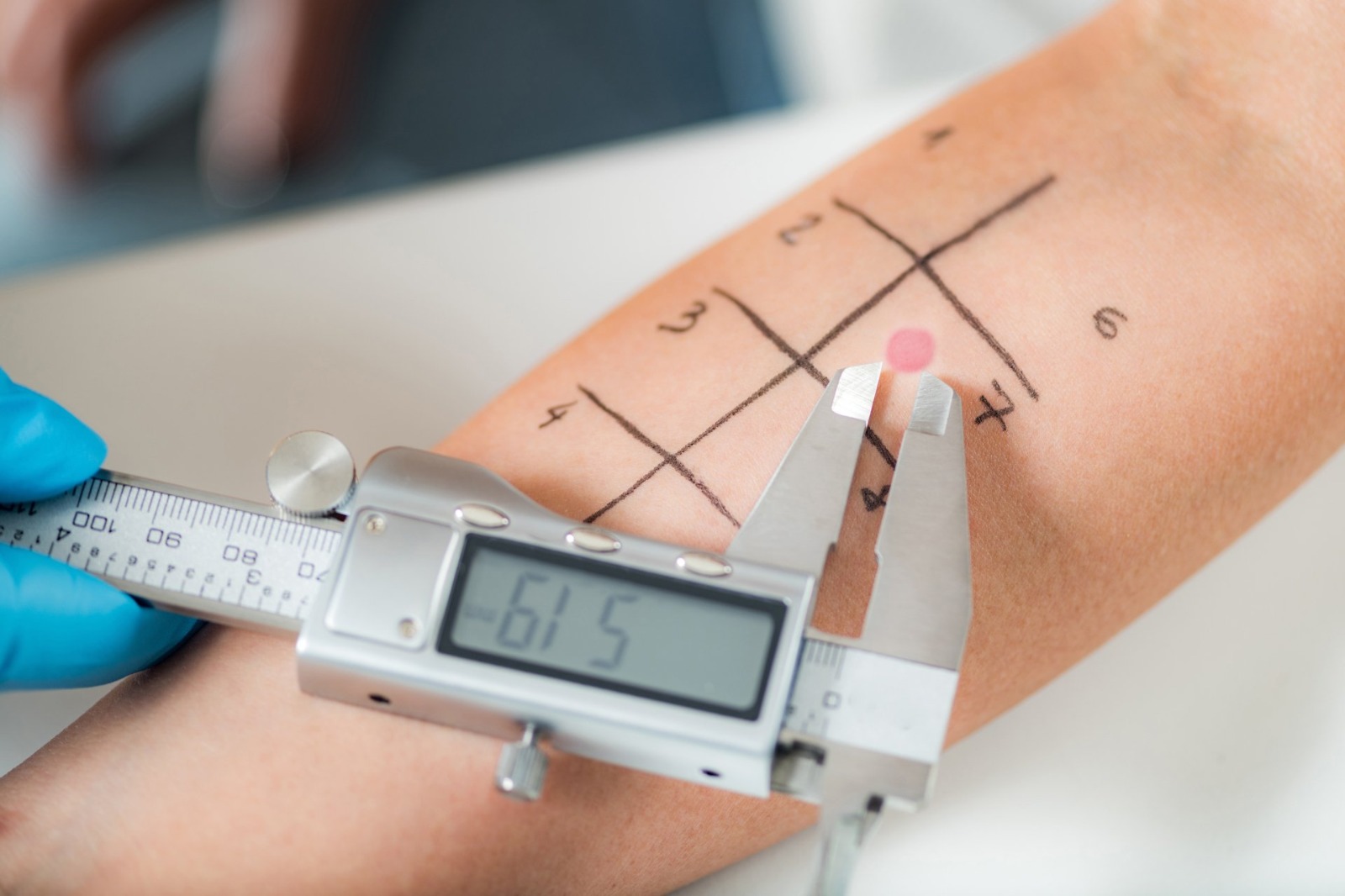
The Role of Advanced Diagnostic Techniques in Allergy Detection and Treatment
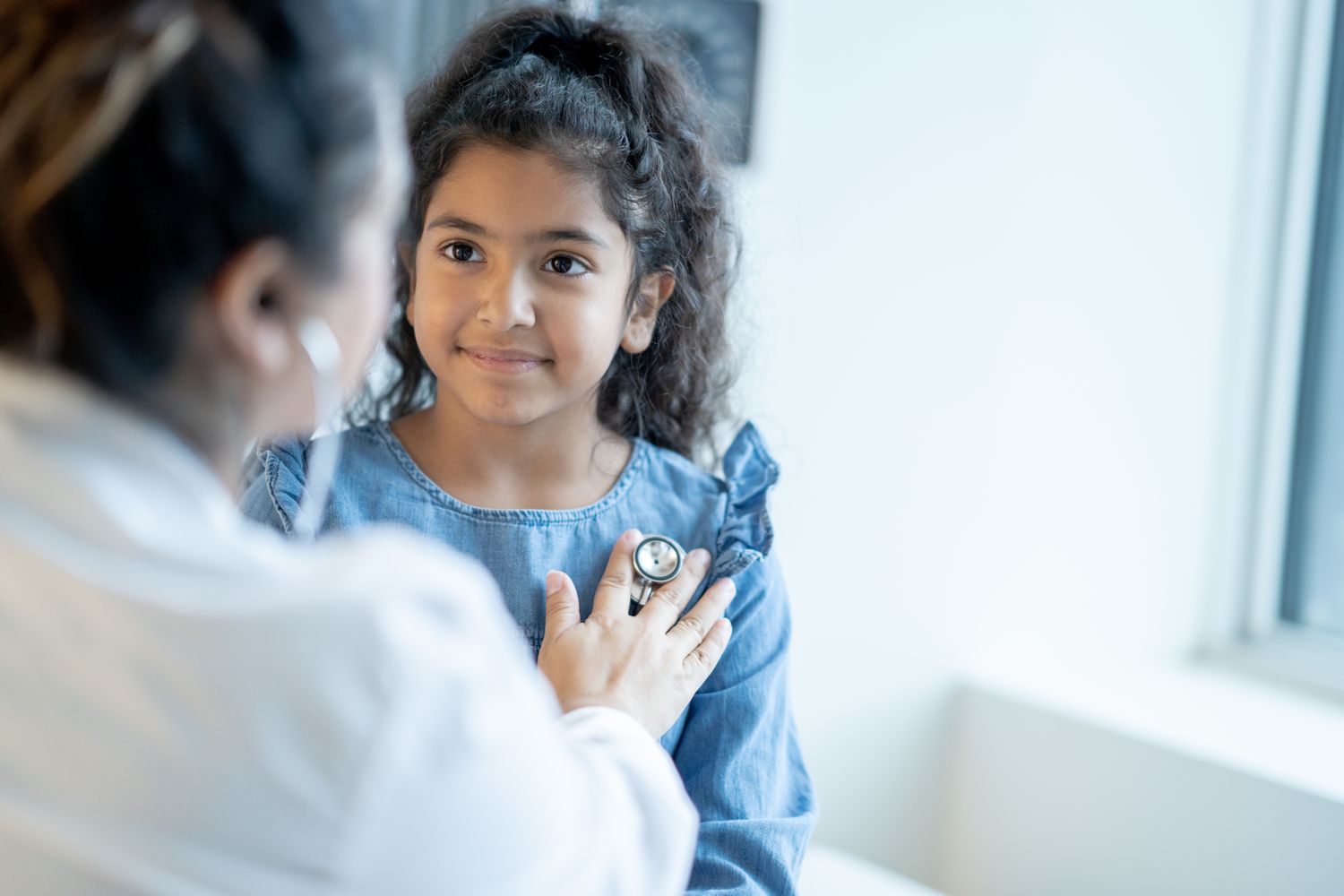
Why Specialized Pediatric Care Matters: Ensuring Every Child Receives the Best Possible Treatment
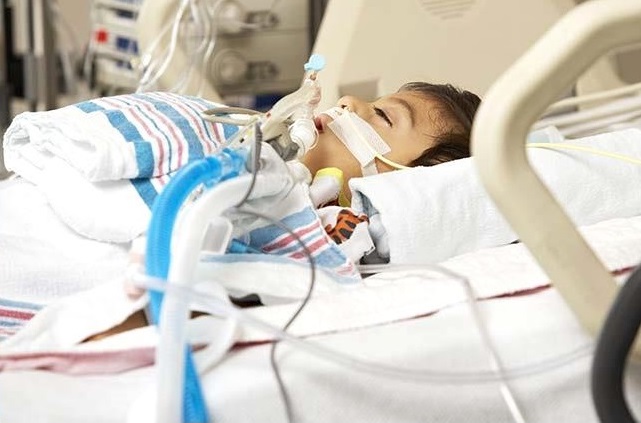
Understanding Pediatric Critical Care: What Every Parent Should Know to Protect Their Child
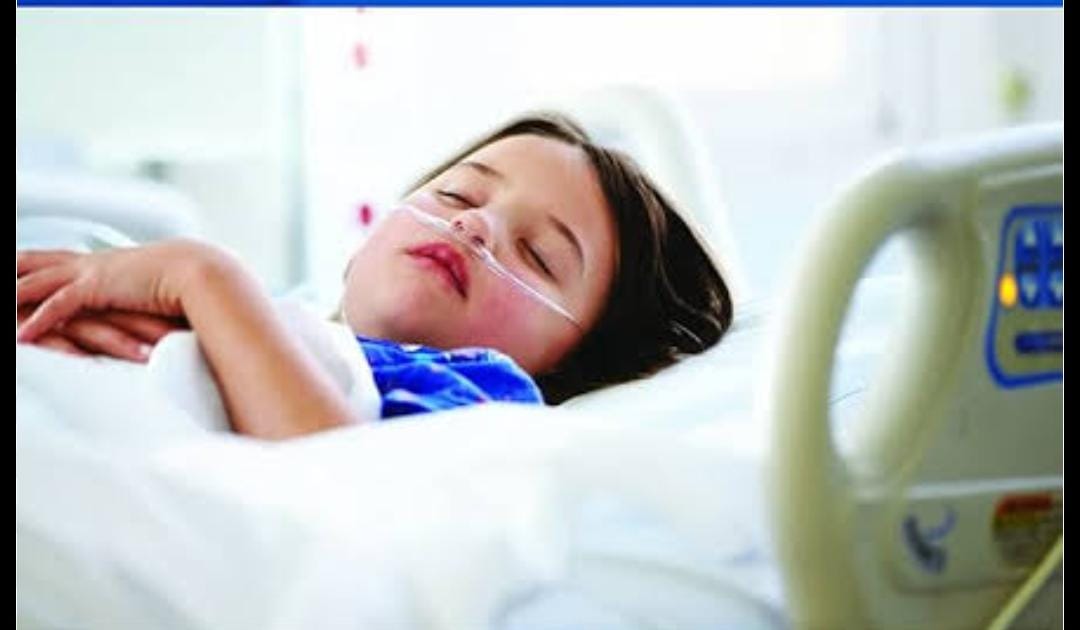
From Crisis to Recovery: Real Stories of Pediatric Emergency Care by Dr. Mritunjay Pao
Dr. Mritunjay Pao 's Reviews
Dr. Mritunjay Pao 's Reviews
Frequently Asked Questions
Frequently Asked Questions
Asthma can persist for many years, but with proper management, children can lead active, normal lives and often experience symptom-free periods
Triggers include respiratory infections, cold air, exercise, allergens like dust or pollen, smoke, and strong odors.
Yes, allergies can develop at any age, including in children, and sometimes they can even improve or resolve over time.
We use skin prick tests, blood tests for specific allergy markers, and sometimes component-resolved diagnostics to identify allergen sensitivities accurately.
Symptoms include sneezing, runny or blocked nose, itchy or watery eyes, skin rashes, hives, and sometimes swelling of the lips or face.
They are equipped with advanced monitoring systems, ventilators, infusion pumps, and trained staff specialized in pediatric emergencies.
Yes. Children can develop critical conditions suddenly, which is why parental awareness and quick response are vital.
Sepsis is a severe systemic infection that can rapidly become life-threatening. Immediate hospitalization and aggressive treatment are essential for survival.
Keep calm, try to make the child sit in an upright position, remove any tight clothing, and seek emergency medical help immediately.
Regular health check-ups, timely immunizations, maintaining good hygiene, early recognition of illness symptoms, and prompt medical attention are key preventive measures.
Severe difficulty breathing, blue lips or face, unresponsiveness, persistent high fever, seizures, or uncontrollable bleeding are signs that require immediate medical help.

